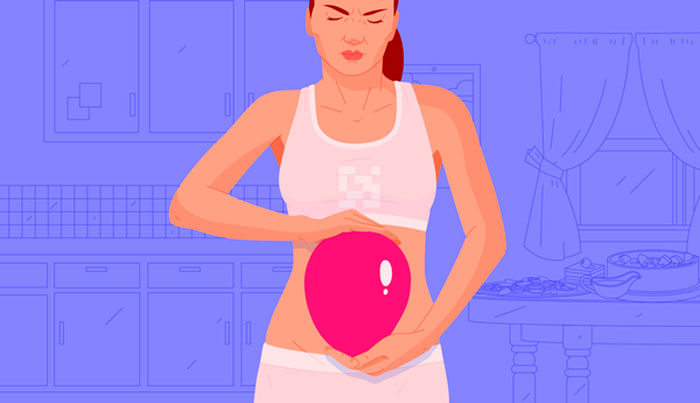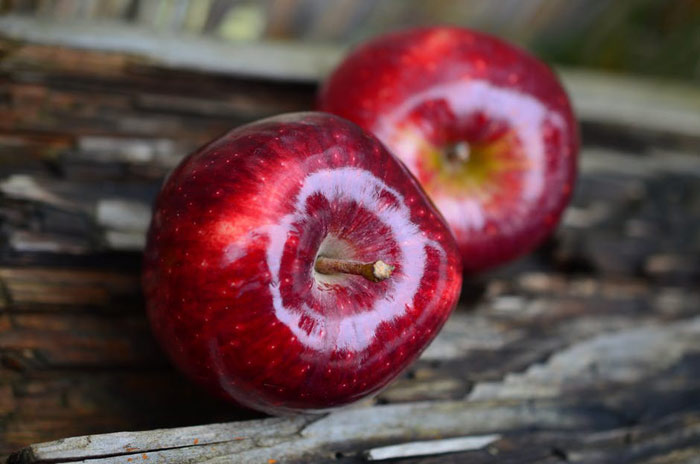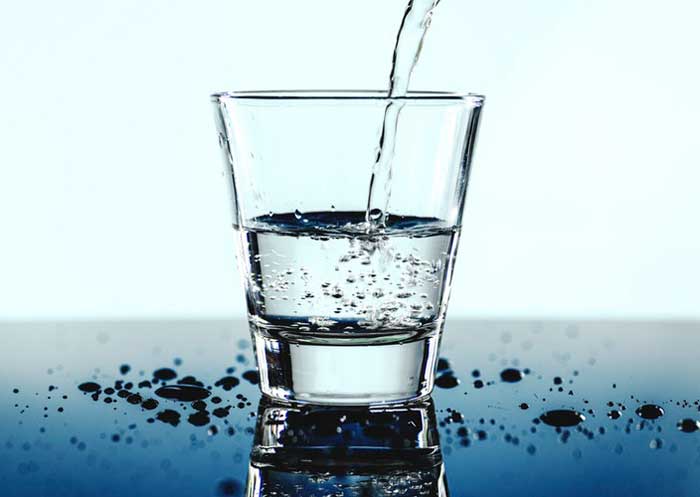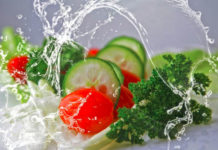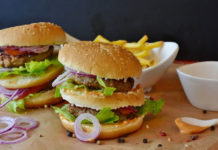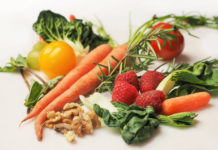A common problem with the summer diet is bloating and discomfort in the intestines. This may appear because of intolerance to certain foods, including those high in natural sugars and coarse fiber.
Avoid FODMAP foods
FODMAPs are short-chain carbohydrates. These ingredients may cause bloating and flatulence. There is no connection with the ambient temperature, such products affect our body in the same way at any time of the year. It’s just that most of these carbohydrates are most often consumed during the hot season: ice cream, apples, pears, mangoes, cherries, melons, apricots, nectarines, peaches, plums, watermelons.
Anyway, we don’t prohibit the use of fruits and berries, especially at the height of summer. Just pay attention to the reaction of your body and the amount of food you eat. If inconveniences appear or if you want to go to the toilet immediately, and your abdomen resembles a ball, it is worth lowering the dose.
Eat fruits in the morning, and leave vegetables for the evening
In summer, the activity of the digestive system slows down, so it is better to give preference to foods with less heat treatment. Enzymes live in such foods and improve digestion. You can and should eat fruits and vegetables, but to reduce fermentation in the intestines, it is still advisable to eat only vegetables in the evening.
Choose local foods
It means to choose those foods that have been always growing in your area of residence – our body is accustomed to them evolutionarily, so they rarely cause allergies. The microflora of our body is formed precisely by seasonal and local products since childhood, while early imported products may contain fertilizers, be treated with chemical substances, and lose useful properties in the process of transportation.
Therefore, it is advisable to plan your diet after studying the table of the seasonality of the harvest for your region. You can diversify the summer diet by eating wild plants: nettle, rhubarb, sorrel, parsley, celery, spinach, lettuce.
Don’t forget about proteins
Summer is the right season for weight loss, and many people refuse to eat meat and fish abruptly and prefer only vegetables and fruits. Remember: if you want to become a vegetarian, you can’t simply refuse food of animal origin, the transition should be smooth. Moreover, it is important to remember that such a diet is not suitable for everyone, you should pay attention to the body’s reaction and internal sensations.
In general, nutritionists recommend keeping a balanced diet with an optimal ratio of proteins, fats, and carbohydrates in the summer. It is in the summer that the daily caloric content of the diet is distributed as follows: 30% of the menu should be proteins (plant and animal), 10% should be fats, and 60% should be carbohydrates. It is better to replace meat on, especially hot days with low-fat fish with a vegetable side dish.
Drink more water
Obviously, no article on nutrition will miss this point. You can drink mineral water, water with lemon, lime, ginger, berry fruit juices in the summer.
Eat frozen juice or fruit desserts instead of regular ice cream. Fatty salad dressings, for example, mayonnaise or sour cream can be replaced with dressings made from low-fat and unsweetened yogurt or lemon juice with linseed or olive oil.

